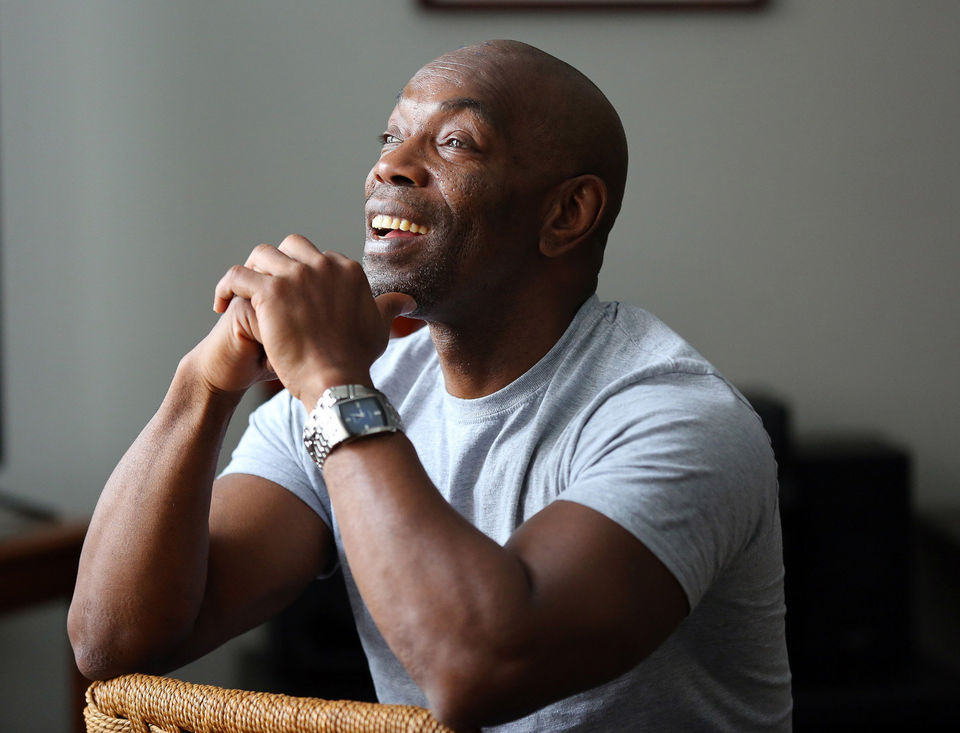
“There’s too much politics involved. Can you imagine if we all worked together? I mean all the churches in the area. We could solve this overnight.”
I was seated across from Pastor Bryan Koch, leader of Glad Tidings, our home church for six years and a gathering of more than 2,000 people every weekend. Koch’s office is located five minutes down the road from the city of Reading, Pennsylvania.
Reading, in 2011, was named the poorest city in the United States. In the four years since, it still hovers near the top of the list. As a writer, and a believer, I knew there was a story to be told. I emailed 15 churches with interview requests.
None responded.
Six months later, Koch was willing to sit down with me and discuss the issue. I had spoken with local government, outreach organizations, charities, but not one church leader. He would be the first.
Through our talk, we were able to hash out some valuable action points that could move more churches into positions help make a difference in the community and in a country still dealing with economic issues.
A Holistic Approach
“We had a bereavement program, and when someone would say they needed help, we would give them some grocery store gift cards. We would fill their oil tank. Heat and food—we thought they were our priorities,” Koch said, “We realized that we needed to help the whole person. We set up teams of financial counselors for assistance. We identify needs and see what we can do to help, anything from budgeting to getting people in the channels to find a job.”
As churches, we set up soup kitchens, homeless shelters, and outreach centers for individuals in crisis. The centers exist as generations of families continue to use their services.
“Non-profits must have a clear goal,” Kevin Murphy told me. Murphy is CEO of the Berks Community Foundation. He oversees more than $60 million in grant dollars. “Do they want to exist in perpetuity, or do they want to reach a point where they are not needed?”
One of the ways to break cycles of poverty is taking a holistic effort, as well as, meeting immediate needs. The church should be planting seeds, equipping people—with things like educational resources, job training and networking connections—and sending them back into the community. Change in one person can help shift one decision and start a movement. Empower one to go back to school, to use community resources, to see a better life and the chains of poverty can snap.
Holistic efforts spark hope and a new vision.
Learning Consistency
The director of a local pregnancy center told me about an event where area churches had combined to offer services that ranged from cosmetology to interview skills and financial education. It had happened over a single day in the city. One of her clients enjoyed meeting a woman who helped her immensely with her finances. The next week, she returned looking for her with questions.
The rep was not available, back with whatever church provided the chance to participate in an outreach event.
“That person was completely right. We were only there for a day and they needed more,” Koch said.
We can easily settle into a routine with our giving and our service. The battle is in engagement. Our church has outfitted local small groups to adopt a family in need or charity in the city. They go out on a weekly basis and assist with any needs that are present. Consistency is essential to the change churches and organizations strive to accomplish.
What Does Unity Look Like?
The city of Reading has more than a hundred churches in and around it and almost half of the city lives at the poverty line. Children go to school hungry.
Industry has vacated to greener pastures, leaving people that once provided for their families now unemployed and searching. More than 10 tent cities exist with individuals living in the elements rather than shelters that span from overcrowded to strained and subpar.
We Agape You, an outreach started by Randy Simmons, is working to house some of these people in donated properties. It costs $100 a month for a person to have stable shelter. There are churches that could pay for a hundred people to be housed on a yearly basis. But still, it doesn’t happen.
Poverty cycles could be broken with a united front.
If more of us ignored our locations, denominations, political viewpoints, and desire for credit and affirmation, more of us could get things done. In the Book of Acts, we read about believers selling their possessions so that none were in need. They reacted holistically, consistently, and in unison.
We’ve complicated things in the last 2,000 years.
If we get back to serving and what it means in its beautiful, physical, and grace-filled form, we can truly help break cycles of poverty.






















